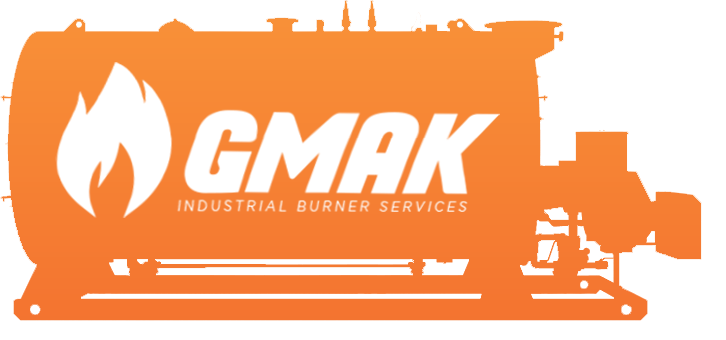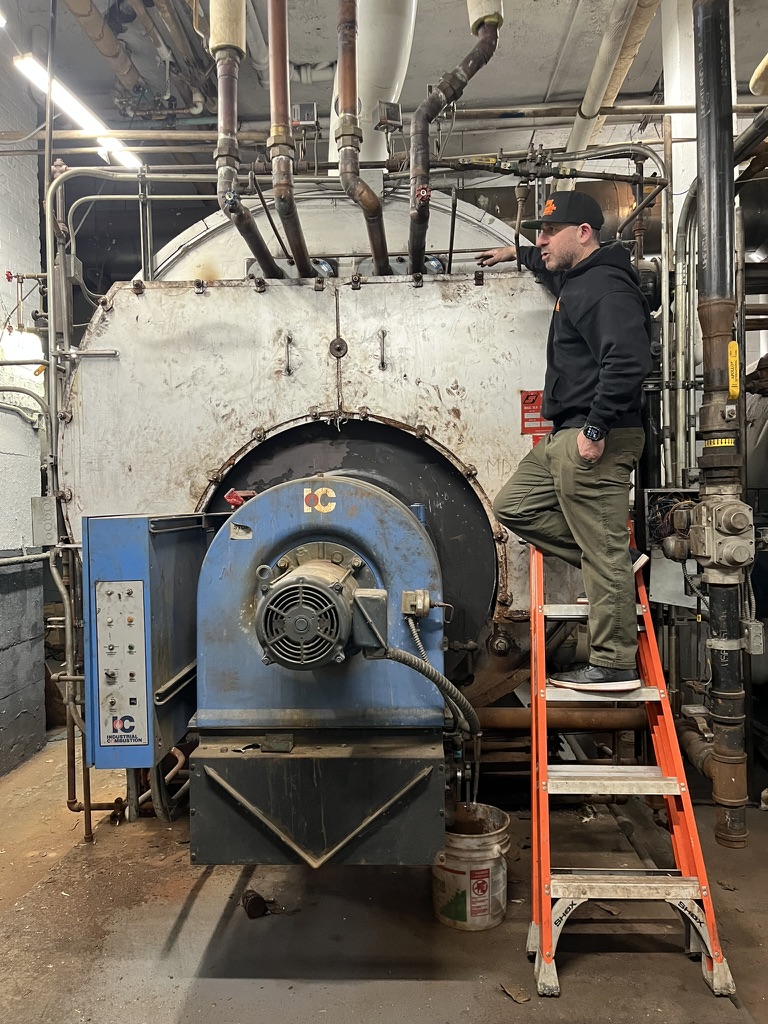Boilers are built to last, but like any piece of machinery, they have a finite lifespan. Typically, boilers can operate efficiently for 15 to 20 years, depending on usage, maintenance, and the quality of the system. However, even the most well-maintained boilers will eventually show signs of aging and may need to be replaced. In this blog, we’ll discuss the key indicators that it’s time to invest in a new boiler, helping you make an informed decision before your current system fails.
Understanding Boiler Lifespan
Boilers are complex systems that work tirelessly to heat your home or business, often running for many hours each day. Over time, the wear and tear on the internal components can reduce the efficiency and reliability of the system. While regular maintenance can extend the lifespan of a boiler, most units will start to show signs of decline after 15 to 20 years.
It’s important to recognize that the average lifespan is just that—an average. Some boilers may last longer with proper care, while others may need to be replaced sooner if they have been subjected to heavy use or poor maintenance. Knowing the signs of a failing boiler can help you plan for a replacement before you’re left without heat.
Signs It’s Time to Replace Your Boiler
- Frequent Repairs: As boilers age, they often require more frequent repairs to keep them running. If you find yourself calling for repairs multiple times a year, it may be a sign that your boiler is nearing the end of its life. The cost of frequent repairs can quickly add up, making a new boiler a more cost-effective solution in the long run.
- Rising Energy Bills: One of the most noticeable signs of an aging boiler is an increase in your energy bills. Older boilers become less efficient over time, meaning they use more fuel to produce the same amount of heat. If your energy bills are steadily rising despite no change in usage, it may be time to consider a more efficient model.
- Inconsistent Heating: An old boiler may struggle to maintain consistent temperatures throughout your home or business. You might notice that some rooms are warmer than others or that the system takes longer to heat up. Inconsistent heating is a clear indication that your boiler is losing its ability to distribute heat effectively.
- Strange Noises: Boilers should operate relatively quietly. If your system is making unusual noises like banging, clanging, or whistling, it could be a sign of internal components failing or sediment build-up within the system. These noises are often a precursor to more serious issues and should not be ignored.
- Visible Leaks or Corrosion: Physical signs of wear, such as leaks, rust, or corrosion around your boiler, are strong indicators that the system is deteriorating. Leaks can lead to water damage and corrosion can weaken the structural integrity of the boiler, making it unsafe to operate.
- Yellow Burner Flame: The burner flame in your boiler should be a strong, blue color. If you notice that the flame is yellow or orange, it could indicate incomplete combustion, which is not only inefficient but also dangerous as it can lead to the production of carbon monoxide.
- Difficulty Finding Replacement Parts: As boilers age, it can become increasingly difficult to find replacement parts. Manufacturers may discontinue parts for older models, leading to longer wait times and higher costs for repairs. If your technician is struggling to source parts for your boiler, it may be time to consider a new system.
Benefits of Upgrading to a New Boiler
Replacing an old boiler with a new, high-efficiency model comes with several benefits that can outweigh the initial investment:
- Improved Efficiency: Modern boilers are designed to be far more efficient than models from 15 to 20 years ago. Upgrading to a new boiler can significantly reduce your energy consumption and lower your utility bills.
- Enhanced Reliability: A new boiler is less likely to break down, giving you peace of mind that your home or business will remain warm and comfortable throughout the year.
- Advanced Technology: Newer boilers come with advanced features such as smart controls, zoning capabilities, and improved safety mechanisms, providing greater control and convenience.
- Environmental Impact: New boilers are more environmentally friendly, producing fewer emissions and using fuel more efficiently. By upgrading, you’re reducing your carbon footprint and contributing to a greener future.
- Increased Property Value: If you’re planning to sell your property in the near future, a new boiler can be a selling point that adds value and appeal to potential buyers.
Planning for a Boiler Replacement
If you’ve identified several of the signs mentioned above, it’s time to start planning for a boiler replacement. Begin by researching different models and consulting with a qualified technician who can assess your current system and recommend the best options for your needs.
It’s also a good idea to consider the timing of your replacement. Replacing a boiler during the off-season, when heating demand is lower, can be more convenient and may even save you money. Additionally, some HVAC companies offer financing options to help manage the cost of a new boiler.


Comments are closed